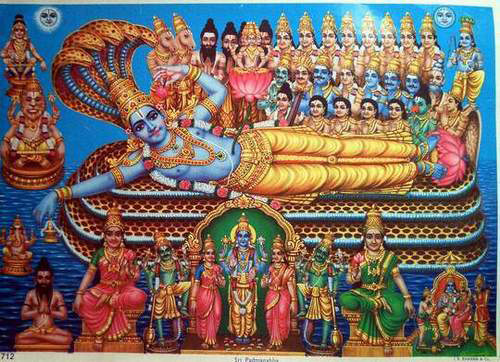Dhanurmasa Vratam Dhanurmasa Vratam is observed in Dhanurmasam by unmarried girls as they believe that by observing the Vratam, Goda Devi was able to get Lord Ranganatha as her husband. During Dwapara Yuga, Sage Narada tells the gopikas (milkmaids) to undertake “Katyayani Vratam”, to get the blessings of Lord Krishna. During the vratam, Goda Devi Read More
Ads Blocker Detected!!!
We have detected that you are using extensions to block ads. Please support us by disabling these ads blocker.

